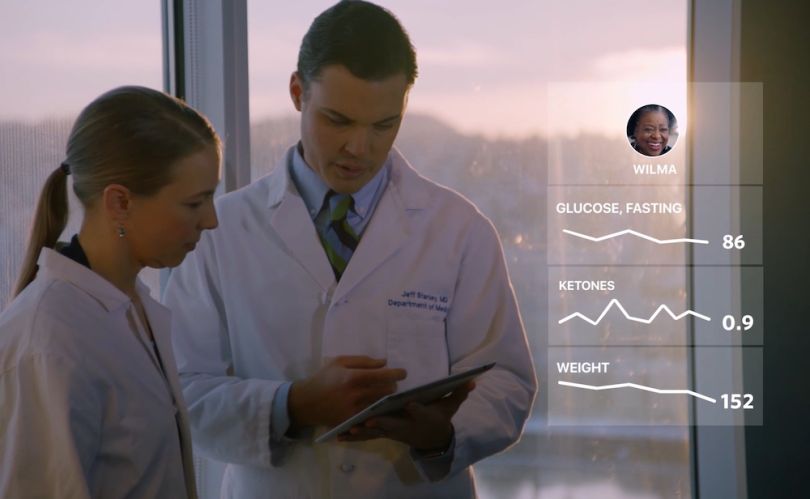
Type 2 diabetes is a growing problem in the United States, with almost half of all adults suffering from the disease, prediabetes or obesity (which can be a precursor to the disease). Although Type 1 diabetes is usually developed early in life, Type 2 diabetes tends to arise later and is affected by certain behaviors, like lack of exercise and poor diet. But because Type 2 diabetes is greatly affected by a person’s lifestyle, it can also be reversed.
Virta Health is an SF-based startup that works with doctors to reverse Type 2 diabetes in patients without medication or surgery. Instead, it uses a clinically proven system that uses nutritional therapy, biometric tracking and personalized clinician support to reduce the severity of Type 2 diabetes until it is eventually reversed.
On Wednesday, Virta announced that it raised $65 million in a Series D funding round led by Sequoia Capital Global Equities. This comes 11 months after Virta raised its $93 million Series C in January. So far, Virta Health has raised over $230 million in total funding and is valued at more than $1.1 billion.
This new funding will be used to help Virta address the growing demand for its product. In this year alone, the company has seen 150 percent year-over-year growth and attracted over 100 major customers from different parts of the healthcare industry and government. In addition, the company plans to invest in its remote care platform and R&D efforts into developing non-pharmaceutical therapies for other metabolic conditions.
Virta’s treatment has been able to reduce or completely eliminate the use of insulin in 94 percent of its patients. By 2025, the company hopes to reverse Type 2 diabetes in 100 million people.
The company is also hiring for several open roles across data science, customer success, engineering, marketing and operations.
“The option for disease reversal should be available to every person living with a chronic metabolic condition,” Virta Health CEO and co-founder Sami Inkinen said in a statement. “This funding round is an important step forward in making this a reality and giving people the opportunity to regain their health, wherever they are on their metabolic journey.”



